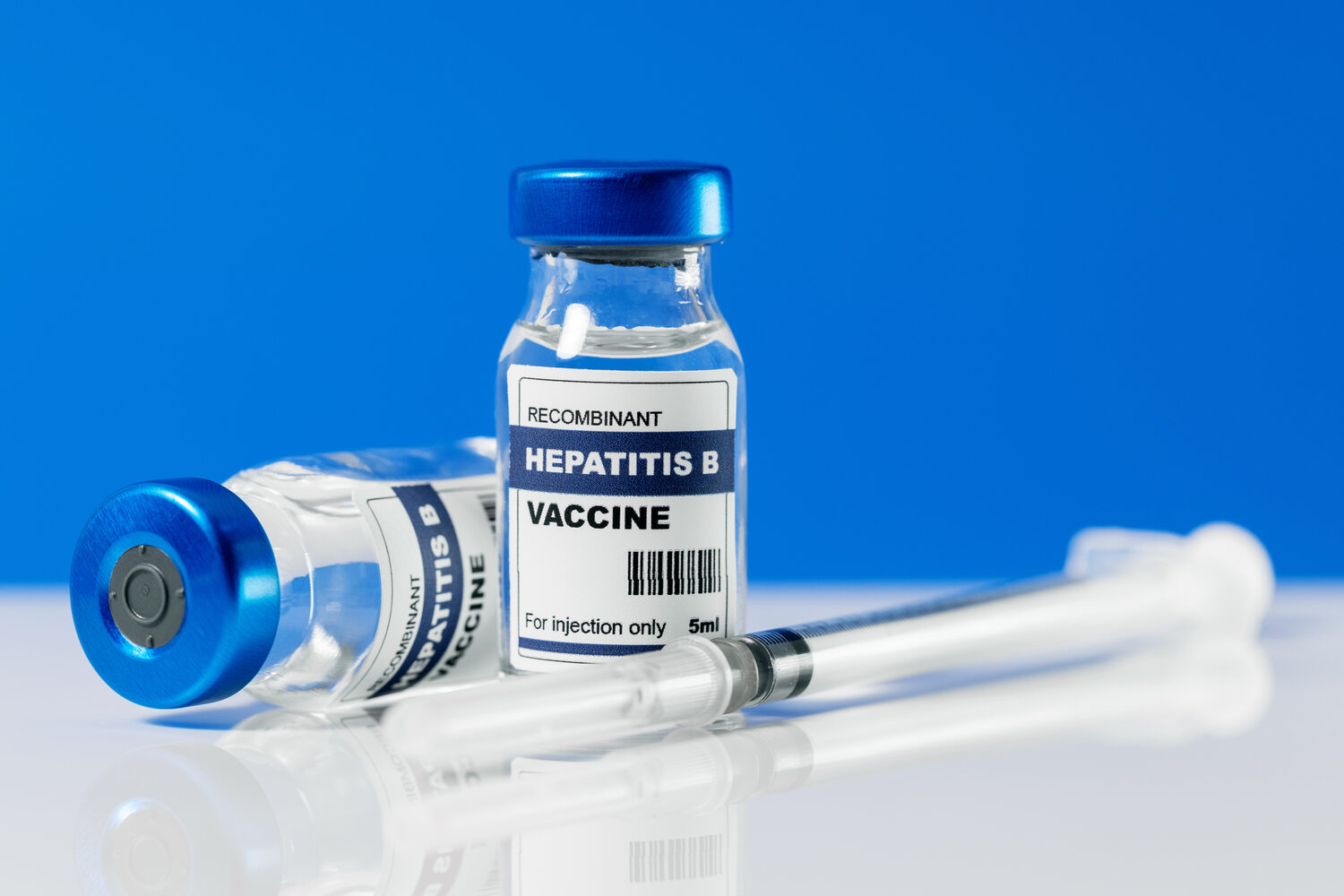
Immunization is one of the main components of primary healthcare of any country. Vaccines act as a vital tool against many diseases and infections for adults and kids alike. Toddler vaccination is probably one of the best health investments that money can buy. As a result of this immunization, various diseases like smallpox have been successfully eradicated from the world.
Toddler vaccinations are already there to protect them from diseases so that they can enjoy their childhood. Without these vaccine shots, a toddler is at risk of contracting serious infections. As a responsible parent, you must make sure that your toddler is getting all the vaccines on time.
In This Article
- Why is Vaccination Important For Your Toddler?
- What Happens if Your Toddler Misses a Vaccination?
- Tips For Taking Your Toddler For a Vaccination
- Which Diseases Are Targeted Through Vaccinations?
- How Can You Help Your Toddler With Vaccination Pain?
- What Precautions to Take After Vaccination?
- FAQ’s
Why is Vaccination Important For Your Toddler?

There are many vaccine preventable diseases like diphtheria, tuberculosis, tetanus, measles, chickenpox, mumps etc. Vaccines available against these diseases are strongly recommended by the Government of India and the Indian Academy of Pediatrics. Following your toddler’s immunization schedule will ensure that they remain disease free.
Timely jabs to your toddler can help prevent diseases leading to disabilities. One such example is polio vaccines, which protects them against the crippling disease. This helps in securing their future and also your money to get disability care, which is quite expensive. On a community level, vaccines stop the spread of these deadly diseases in the community and hence, to other kids. A successful immunization effort has resulted in the eradication of diseases like smallpox (1).
What Happens if Your Toddler Misses a Vaccination?

Everyone wants to see their toddlers in the best of health. However, it is quite possible that you might miss a doctor’s appointment. It may happen that there is a delay in vaccination, or it is missed. However, it is possible that you can give your little one the missed vaccination later. But, it is advisable to religiously follow the vaccination schedule as given by the pediatrician to effectively protect your toddler from harmful diseases.
There is no need to restart the whole schedule again. You can resume the schedule from where it is left and take your toddler for the pending dose.
Tips For Taking Your Toddler For a Vaccination

Most of the parents dread their toddler’s vaccination appointments. It can be quite traumatic for the toddlers as well as the parents. Here are some tips that can help make the experience a bit better-
- Schedule the appointment according to the comfort of your toddler. If they are happy during the morning hours, well rested and well-fed, then take them during that time
- Talking about the benefits of vaccines might prepare them for the shots in advance
- A distraction can really help your little one. At the time of administration of the shot, you can distract them from the scary needles by telling them some interesting facts, singing their favorite rhyme or song. Their favorite cartoon on the screen can also help
- You can promise them a reward for being so brave by buying them their favorite treat or taking them for a fun activity
- Parents need to be calm and empathetic toward their toddlers during the whole procedure. An apprehensive parent can make the toddler feel more uncomfortable
- You can discuss with your pediatrician about numbing creams and cooling sprays if they can be of any use in reducing the pain
Which Diseases Are Targeted Through Vaccinations?

Your doctor will discuss in length about the vaccinations and the diseases they protect your toddler from. Here is a list of vaccine preventable diseases-
1. Polio
The poliovirus attacks the spinal cord and the brain causing paralysis. Both injectable and oral polio vaccines are available.
2. Tuberculosis
BCG vaccine is given at the time of birth. It provides protection against childhood tuberculosis (2). This disease affects the lungs, and in some cases other organs too.
3. Measles
MMR vaccine is given for protection against measles. It is an infectious respiratory disease causing fever and rashes. This vaccine gives protection against mumps and rubella as well.
4. Hepatitis B
It is a viral disease that causes inflammation of the liver. Three doses of the vaccine are given.
5. Hepatitis A
The vaccine comprises of two doses which help to prevent this viral disease of the liver. It can be a serious infection, leading to a number of complications.
6. Haemophilus Influenzae Type B (HiB)
It is a bacterial infection causing serious issues like pneumonia and meningitis. Three or four doses for HIB vaccination are available.
7. Rotavirus
It can cause serious diarrhea in your toddler. Perhaps, it is the most common cause of severe diarrhea worldwide in infants and toddlers (3). The rotavirus vaccine is useful for protecting your toddler against the disease.
8. Chickenpox
It is a highly contagious disease which is caused by the virus, namely herpes. The symptoms include mild flu, itchy rash, blisters, etc. Varicella is the vaccine against chickenpox. However, it is an optional vaccination and consists of two doses.
9. Tetanus
This disease can cause painful muscle spasms. It is a fatal disease and can even lead to paralysis. The DTP vaccine safeguards your little one from this disease and diphtheria and pertussis too.
10. Pneumococcal Disease
Pneumococcus bacteria is the causal organism and can cause septicemia, meningitis, and pneumonia. Protect your toddler against these bacteria by pneumococcal vaccine PCV.
11. Meningococcal Disease
It can cause septicemia or meningitis. Meningitis is a serious illness that can seriously affect the brain and nervous system. MenACWY and MenB vaccines are available against the different serotypes of these bacteria.
12. Flu
A yearly flu vaccine can keep your toddler safe against the influenza virus. This virus can infect the upper respiratory tract and has the potential to spread quite quickly.
How Can You Help Your Toddler With Vaccination Pain?

Vaccinations can be upsetting for your little one, after all, it is a prick. Soothing your toddler after a vaccination can be a little dicey, but simple strategies like holding them close, distracting them, and offering lots of hugs and kisses can help ease the post-vaccination pain. You can apply a cold pack to ease the pain. If the pain is more, then an age appropriate non-aspirin painkiller can be of great help.
What Precautions to Take After Vaccination?

Vaccines are safe and effective, but they can have a few minor side effects that need close monitoring. It is essential to closely look after your toddler for any unusual symptoms. Following certain precautions can be helpful-
- Give them plenty of fluids to drink during the day
- Give pain and fever reducing medicines as advised by the doctor
- Make sure your toddler gets enough rest
- In case of high fever, cold sponging can be useful too
- In case there is severe redness or itching at the site or if you notice severe discomfort in your toddler then get them to the doctor at the earliest
It is important to stay up to date with your toddler’s immunization schedule. Make sure that you are aware of the pending vaccines of your little one. Timely vaccinations in toddlers keeps them away from diseases. Hence, follow the immunization schedule religiously as no one wants their toddler to keep missing school.
FAQ’s
1. What Vaccines Are Most Important For Toddlers?
All the vaccines that are there in the national immunization schedule and are mandatory as per the government in your country, are important. All doses against the vaccine preventable diseases must be taken according to schedule.
2. Which Vaccine is Given at The Age of 2-3 Years?
The second dose of MR (measles and rubella) vaccine is given between 16-24 months. First booster shot of DPT and OPV must be given too.
3. Why Should I Vaccinate my Child?
Vaccinations are necessary to protect your toddler against many common diseases. Sometimes, minor diseases can complicate, leading to lifelong disability and even death.
4. Can my Kid Handle All of These Vaccines?
Yes, your little one can handle these vaccines really well. Many times parents worry unnecessarily about multiple vaccines overloading the kid’s immune system. In fact, kids come across hundreds of germs every day.
5. Can a Vaccine Cause my Child to Get Sick?
Vaccines are very safe. They might cause a few side effects like fever, pain or rash. So, no need to worry about your toddler getting sick.
References
- Human Vaccines and Their Importance to Public Health – [https://www.sciencedirect.com/science/article/pii/S1877282X11000269]
- Tuberculosis vaccine: A journey from BCG to present – [https://www.sciencedirect.com/science/article/abs/pii/S0024320520303428]
- Rotavirus vaccines: current prospects and future challenges – [https://www.thelancet.com/journals/lancet/article/PIIS0140-6736(06)68815-6/abstract]

2 Comments
Kindly send me swine flu treatment and any important vaccine, and nutrition food for children above 5 yrs
Hi Tanuja,
Thank you for visiting us! You can find information on Swine Flu here For vaccination and other medicinal details, we suggest you speak to a doctor!!
Thank You!